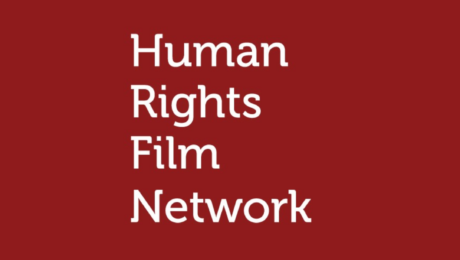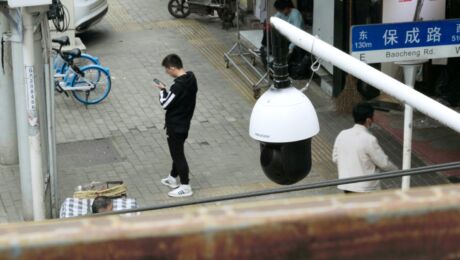9 film tips to better understand the situation in Israel and Palestine
As long as our festival exists, we have been seeing and showing films about Israel and Palestine. To better understand the events of the past few weeks, it is important to know the context and history. To provide some insight into this, we have made a selection of films that were previously shown at our festival and that can still be viewed online. 25 October, 2023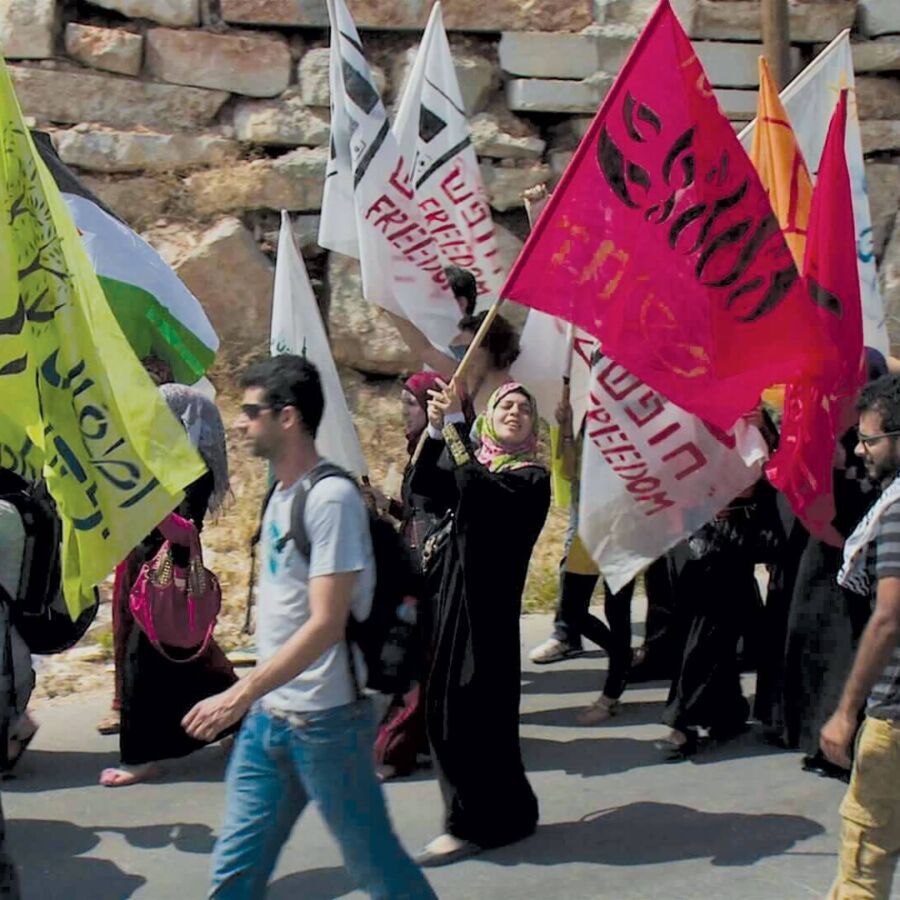
On 7 October 2023, the Palestinian militant movement Hamas launched an unprecedented attack on Israel. In the process, 1,400 people, most of them civilians, were killed and some 200 Israeli civilians were taken hostage. Israel thereupon promised to destroy Hamas and use all its might to do so. What followed was an overwhelming offensive that left large parts of Gaza in ruins and more then 34,000 Palestinian civilians have now also been killed. These deaths include an unprecedented number of children. Amnesty International says there’s damning evidence of war crimes.
As Movies that Matter we urgently call for an immediate ceasefire on all fronts and an end to Israel’s siege of Gaza to allow Palestinian civilians access to life-saving humanitarian aid and prevent thousands more innocent people from being killed by the relentless bombing of Gaza and lack of access to food, water, medicine and fuel.
To understand the war between Hamas and Israel, it is important to know context of the situation in Israel and Palestine. In order to help you make sense of this, we have listed a number of films from our festival archive, which can still be seen online.*
Update August 2025:
We invite you to follow Watermelon Pictures, a film production and distribution company born out of creative resistance. Watermelon Pictures is committed to bringing Palestinian films to a wide audience and enriching the cultural landscape. On their film page, you’ll find titles like From Ground Zero and Five Broken Cameras.
*Some films may not be available through the links below if you are outside the Netherlands.
-
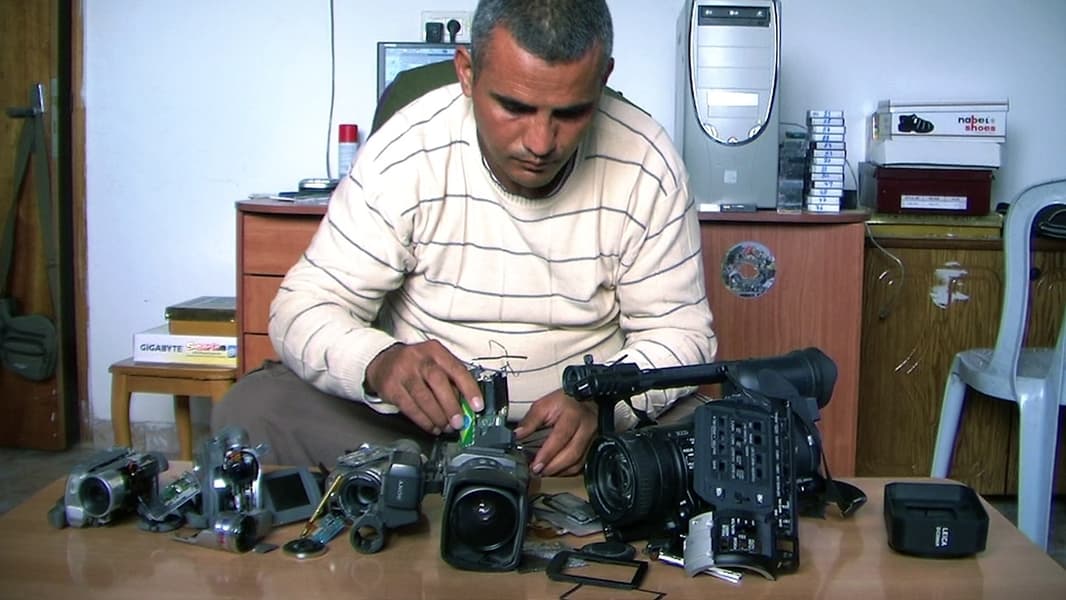
5 Broken Cameras
Emad Burnat, Guy Davidi, 2011 | MtMF12 | 2Doc
Personal testimony from a Palestinian father who spent five years filming the peaceful protests of his fellow villagers against the construction of an Israeli barrier wall. Cameras break on a regular basis. Highly personal and penetrating, the film documents one village and its struggle against oppression.
-
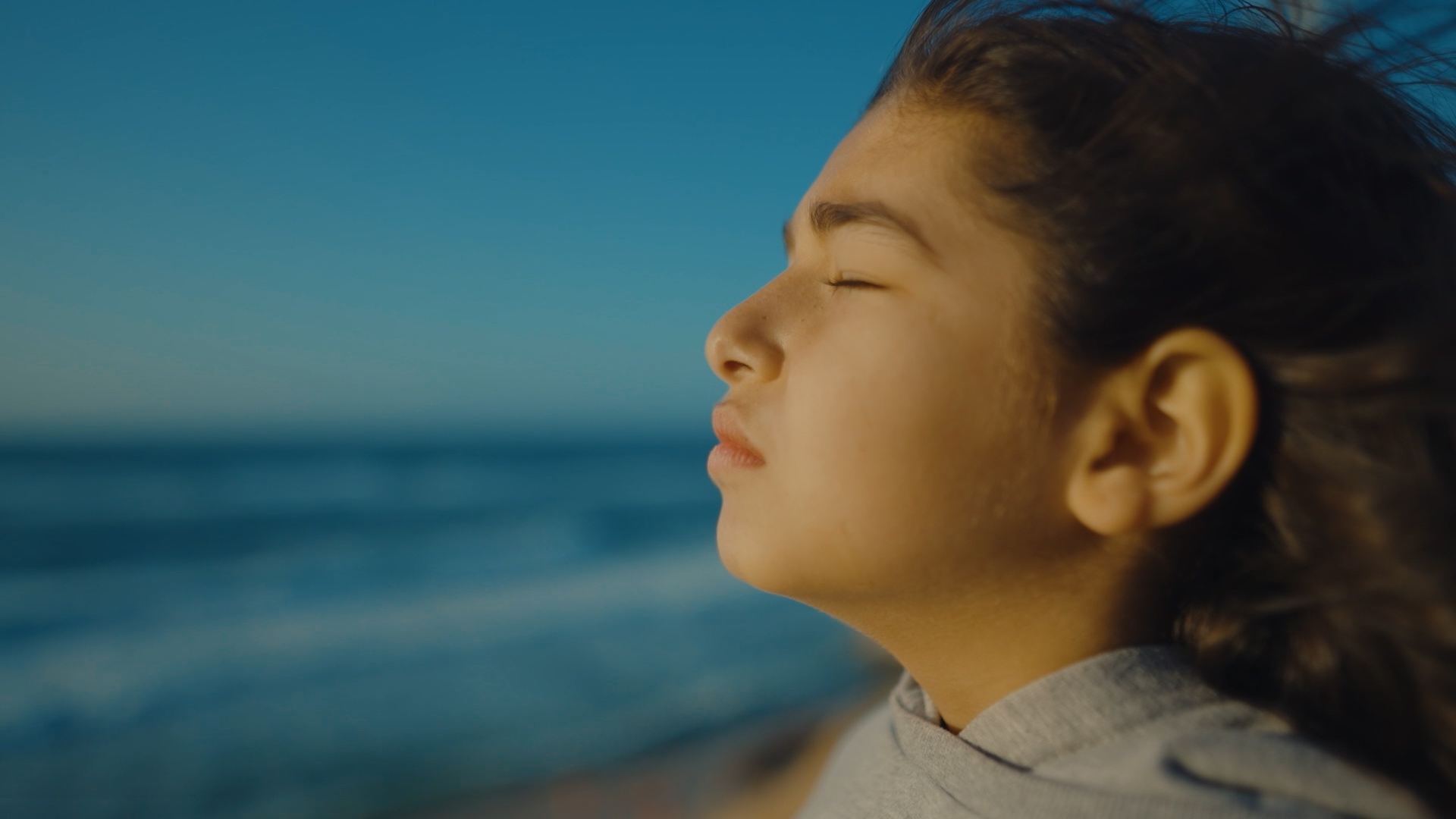
From Ground Zero
Rashid Masharawi, 2025 | MtMF25 | Prime Video
Twenty-two Palestinian artists from Gaza share their personal stories amid war, bombings, and isolation. Through short films across various genres, they offer a powerful and human perspective on life under occupation, supported by the Mashawari Fund for films and filmmakers in Gaza.
-
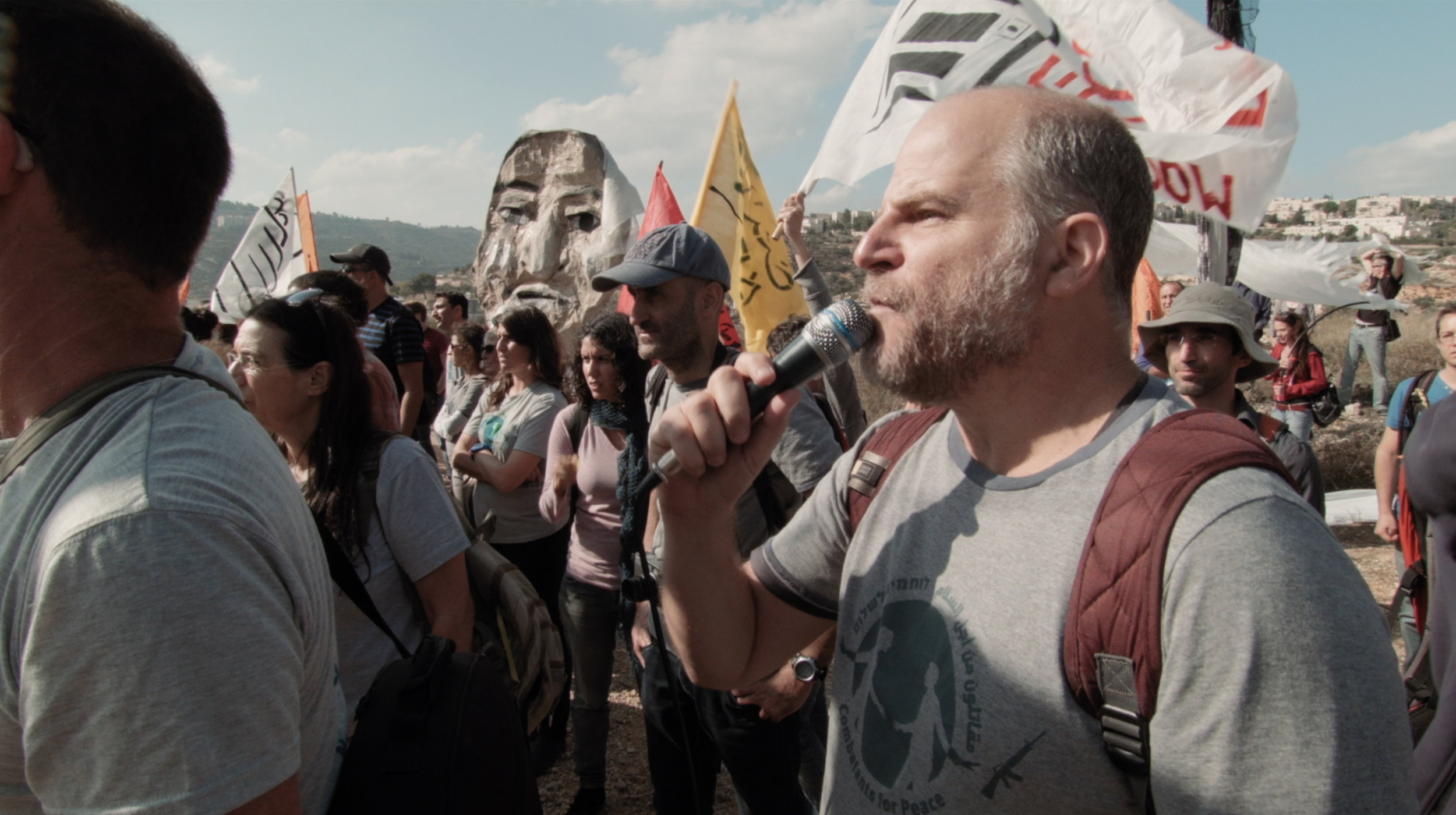
Disturbing the Peace
Stephen Apkon, Andrew Young, 2016 | MtMF17 | Reconsider
Since 2005, Israelis and Palestinians have been working for peace, side by side and non-violent, united as the Combatants for Peace. Aided by the support of archival material, filmmakers Stephen Apkon and Andrew Young tell the story of this assertive group.
-
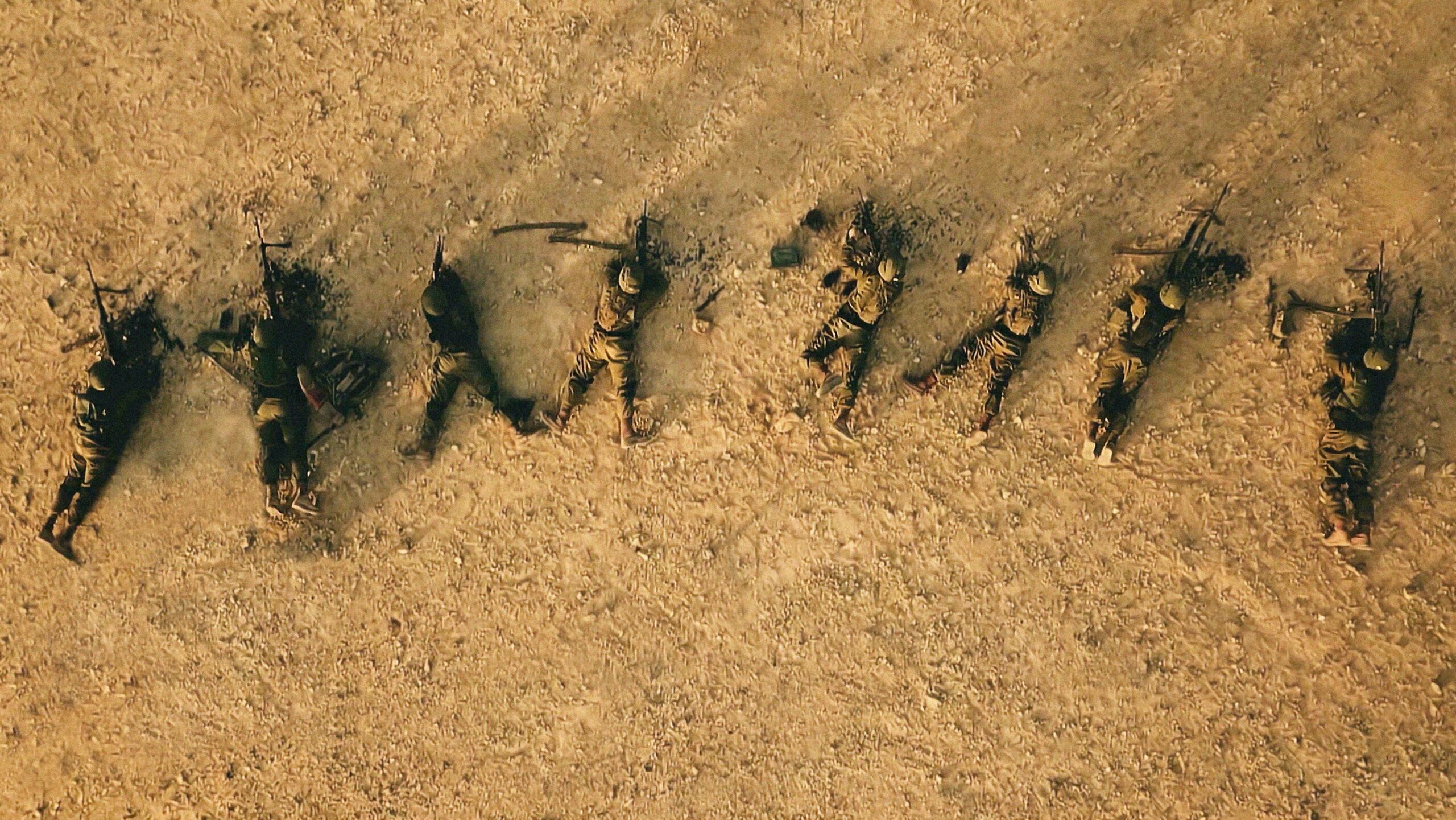
Innocence
Guy Davidi, 2022 | MtMF23 | NPO Start
The devastation that Israel’s militarized society causes on its youth. Told through diaries, letters and home movies, amongst other things, from young men and women who had to fulfill their military service. All the more gripping for its sober, unsentimental approach.
-
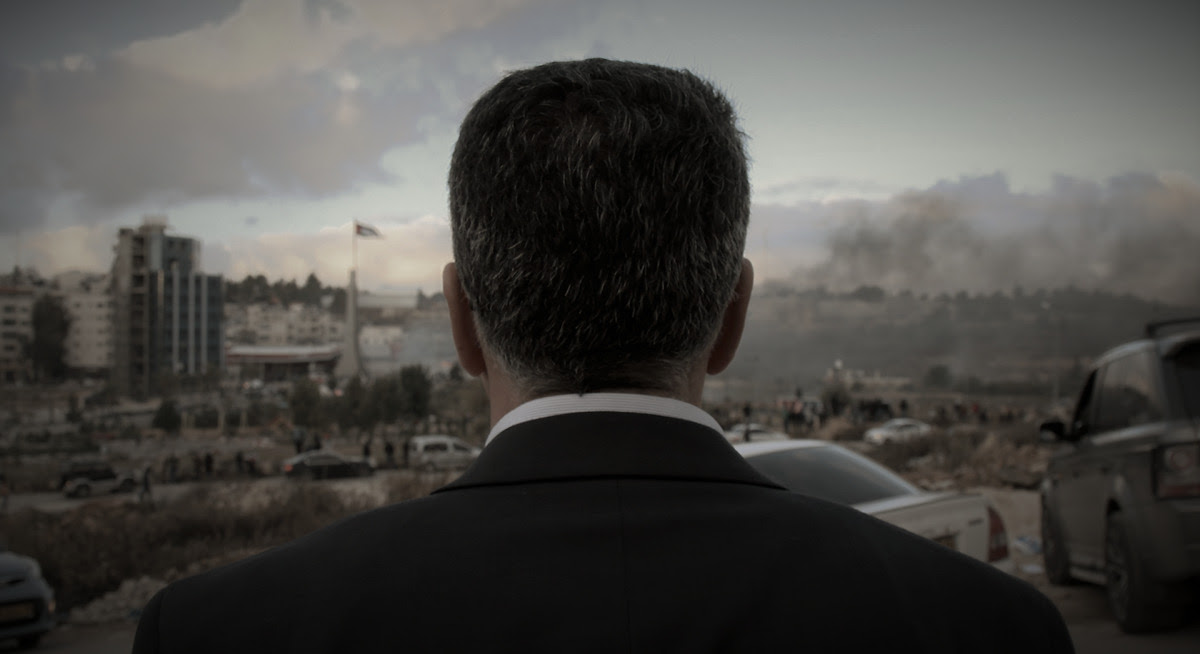
Mayor
David Osit, 2020 | MtMF21 | YouTube
Fly-on-the-wall portrait of Musa Hadid, the Christian mayor of Ramallah. The witty, amiable Hadid does what he can to make life as good and dignified as possible for his citizens. But the Israeli occupation is never fully absent, and often rears its head. Thrilling, energetic, cliché-defying documentary.
-
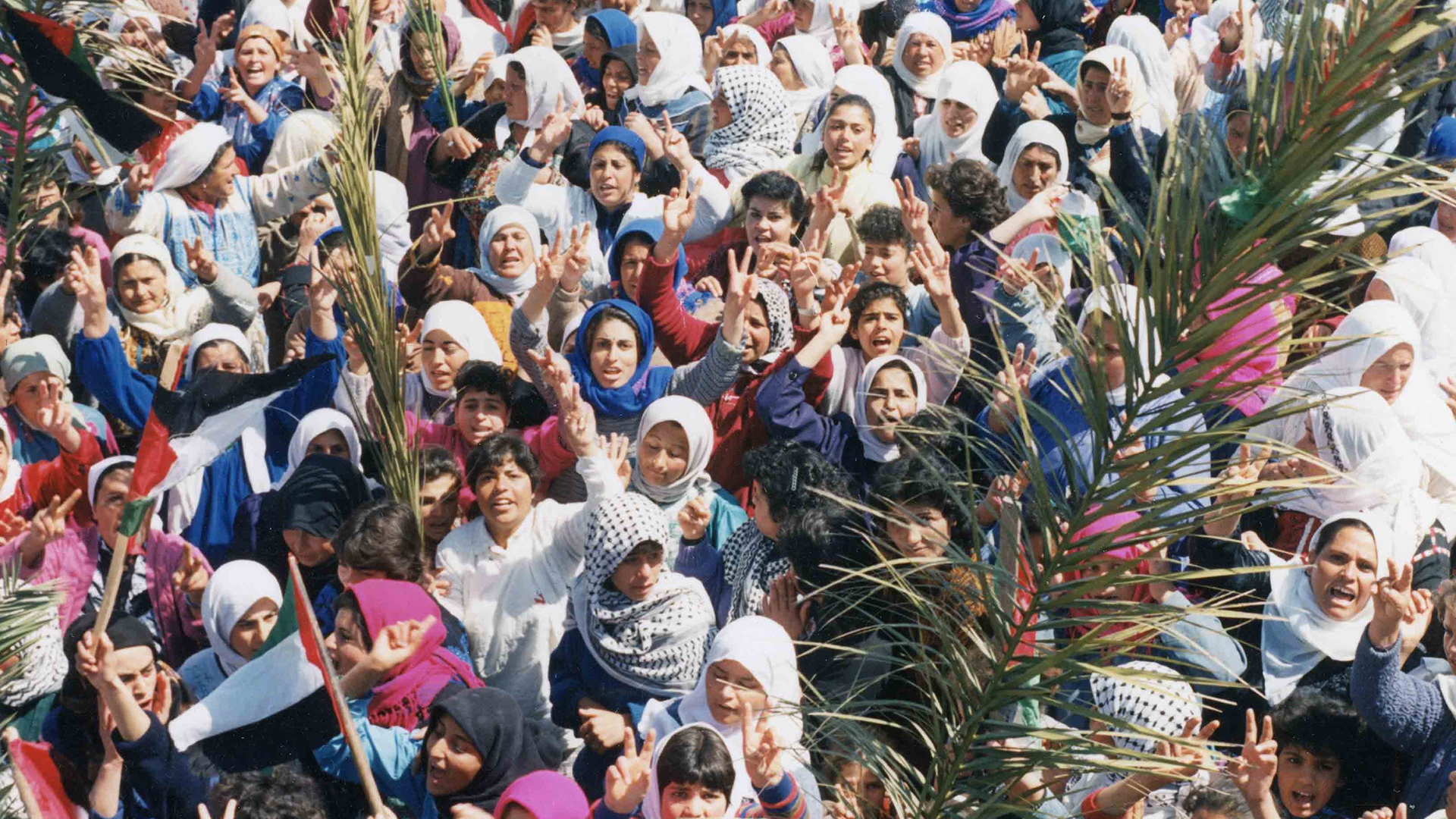
Naila and the Uprising
Julia Bacha, 2017 | MtMF18 | Vimeo On Demand
The story of the first Palestinian intifada, and the key role women played in it. Central to the story is activist and feminist Naila Ayesh, who was imprisoned twice for her resistance to the Israeli rule of the occupied Palestinian territories. The women’s struggle to be free from occupation paralleled their fight against male domination.
-
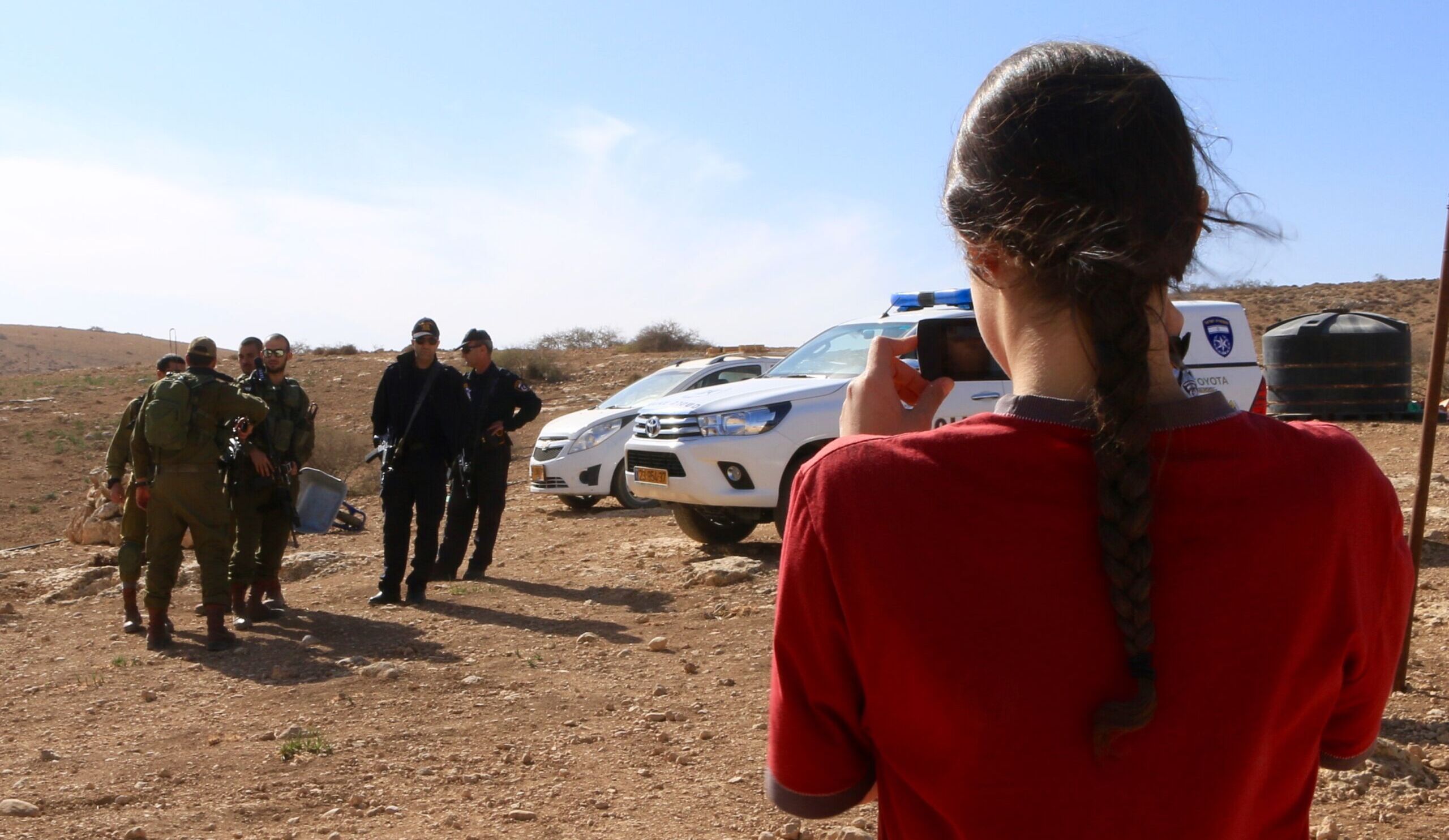
Objector
Molly Stuart, 2019 | MtMF20 | Vimeo On Demand
Atalya is a 19-year-old faced with the biggest dilemma of her life: should she follow the order to enlist in the Israeli army? She doesn’t want to be complicit in the occupation of Palestinian land. But the pressure she faces – both from society and her family – is immense.
-
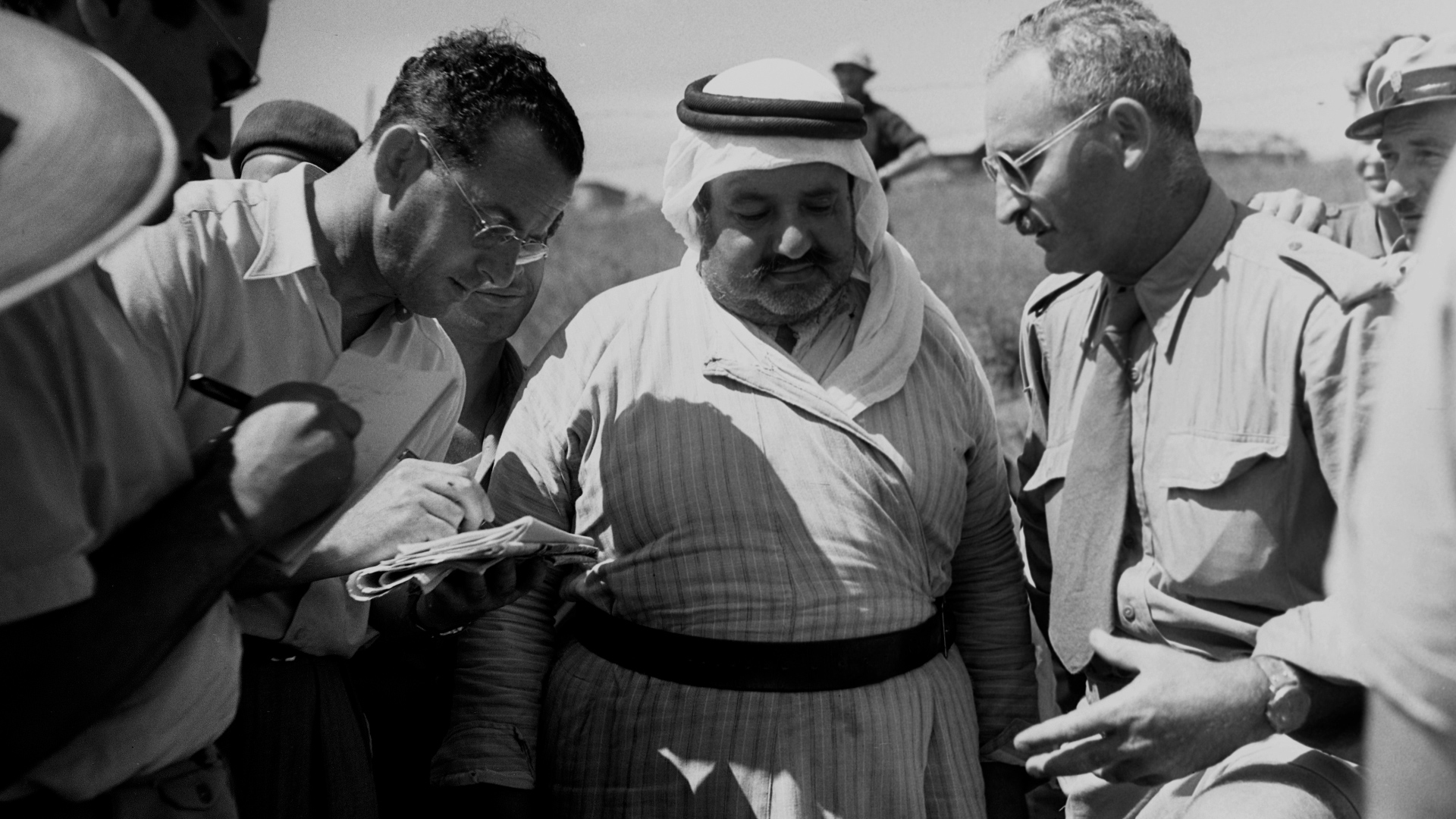
Tantura
Alon Schwarz, 2022 | MtMF23 | Journeyman.tv
In the 1990s, research claimed the Israeli army had committed a massacre in the Palestinian village of Tantura in 1948. However, several former Israeli soldiers retracted their testimony, the research was dismissed and the researcher ostracized and threatened. Now, director Alon Schwartz conducts an eye-opening re-examination.
-
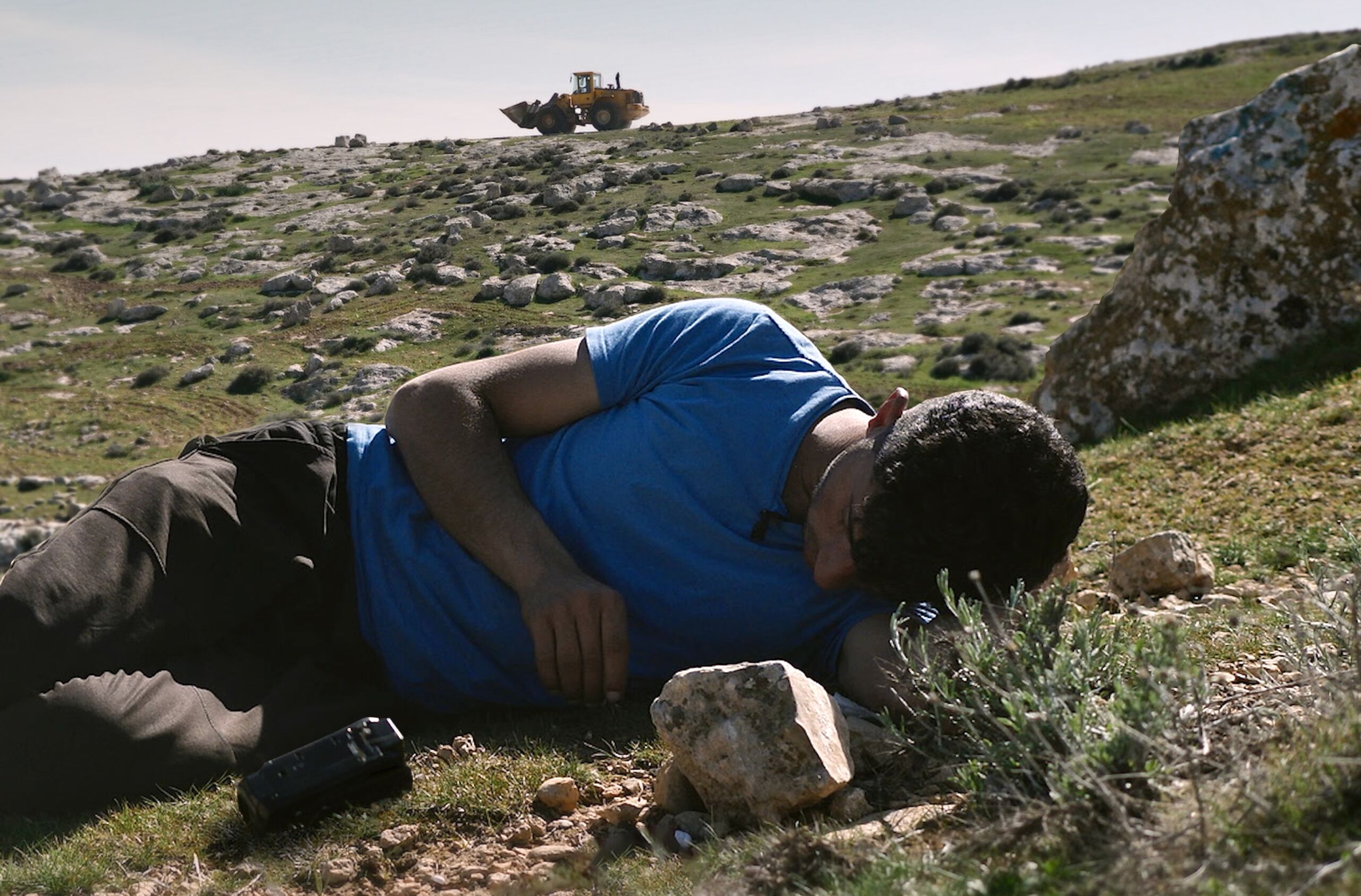
No Other Land
Basel Adra, Hamdan Ballal, Yuval Abraham, Rachel Szor, 2024 | MtMF24 | Pathé Thuis
A Palestinian activist from the West Bank and an Israeli journalist join forces to shed light on the mass expulsions of Palestinian residents. Both an account of the emotional and mental impact of occupation and oppression, and an urgent call to action.
